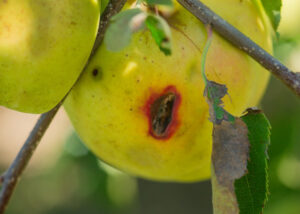Inflation in food prices is expected to drop significantly following a steady growth in the past few years, says Reuters citing a Rabobank report.
The major agribusiness lender informs that corn, soybeans, coffee, and sugar prices will ease in 2024 due to increased production, but demand is expected to decline as a result of recent high inflation and interest rates.
The sectors of bakery, dairy, and meat are expected to see higher profits, Rabobank said, as a result of lower prices of select commodities.
“For the most part, we expect to see lower agricultural commodity prices, which alleviate the food inflation facing consumers,” Carlos Mera, head of agricultural commodities at Rabobank, told the Financial Times.
Food prices saw their first major surge in 2020 with the COVID-19 lockdowns but were further exacerbated by the war between Russia and Ukraine, which affected the export of grain and oilseeds, causing market disruption.
According to Rabobank, wheat prices will remain high due to harsh weather conditions as well as potential bans on Russian exports.
“It won’t be plain sailing but the more positive outlook for a majority of commodities should, in most countries, lead to a fall in the price of food on consumers’ plates,” Mera added, per Reuters.
While sugar prices are expected to decline due to improved conditions in Thailand, Rabobank anticipates the coffee market to record a 6.8 million bag surplus in 2024–2025 as a result of improved output in Brazil and Colombia.
A record-breaking 163 million metric tons of soybeans are also produced in Brazil.
But Rabobank issued a warning regarding wheat, stating that exportable surpluses for next year will continue to decline due to the conflict in Ukraine, and that output from Argentina and Australia is expected to underperform in the coming months.














